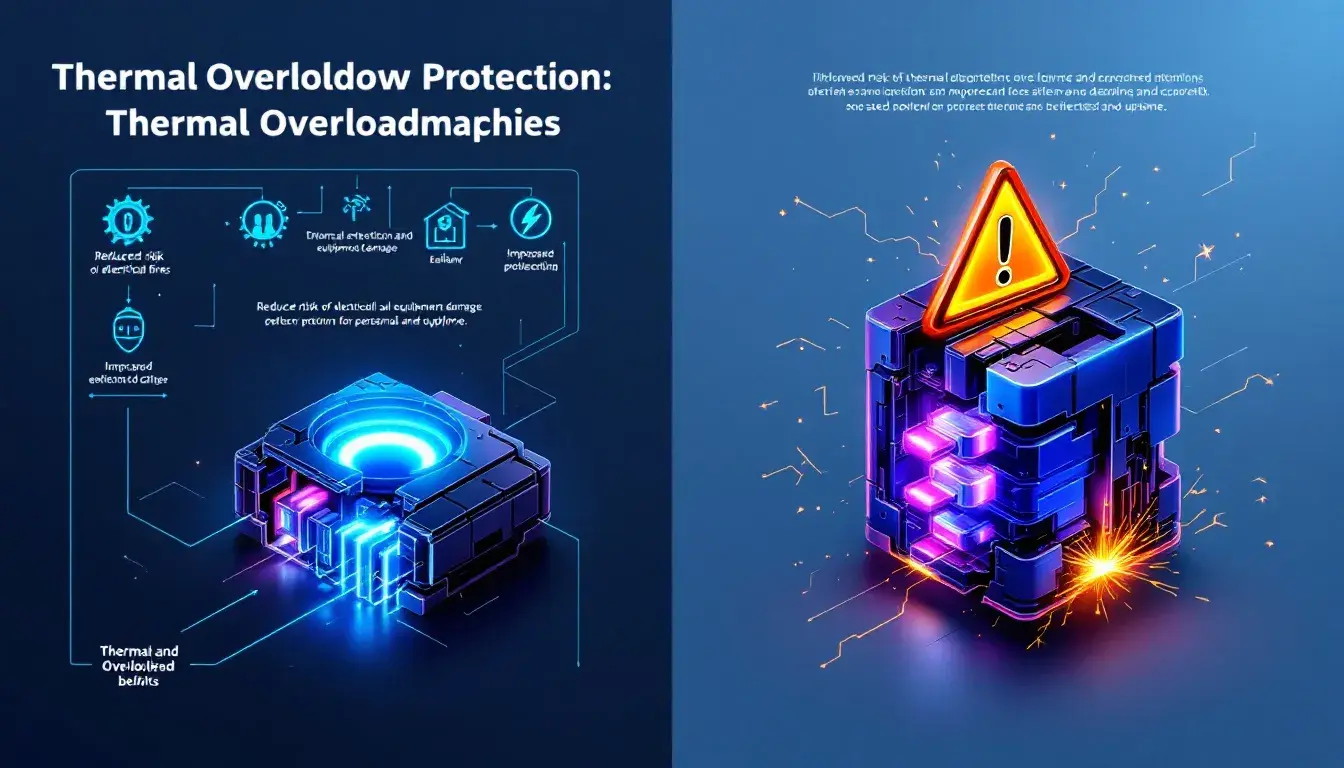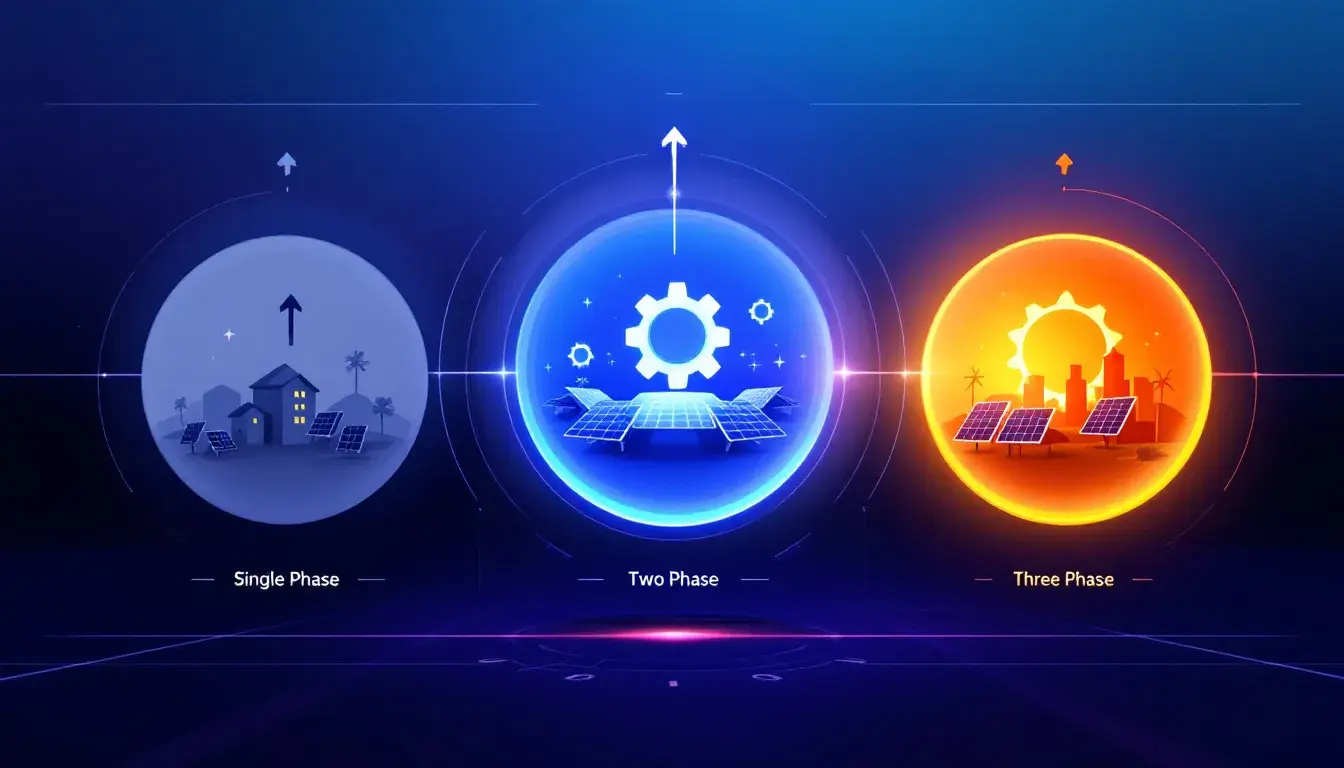Residential Circuit Breakers vs Industrial Circuit Breakers
Table of Contents
ToggleResidential circuit breakers are designed for home electrical systems, while industrial circuit breakers handle higher voltages, currents, and harsher conditions in commercial and manufacturing environments.
Choosing which type suits your needs is crucial — whether you’re looking for circuit breaker manufacturers or for personal uses.
Read on to learn more.
Residential Circuit Breakers vs Industrial Circuit Breakers: Quick Comparison Table
| Feature | Residential Circuit Breakers | Industrial Circuit Breakers |
| Voltage Rating | 120V / 240V | 480V / 600V and above |
| Current Rating | 15A – 200A | 200A – 5000A |
| Usage | Homes, small offices | Factories, power plants, commercial buildings |
| Durability | Moderate | High, built for harsh conditions |
| Breaker Type | MCBs, MCCBs | MCCBs, ACBs, VCBs |
| Interrupting Capacity | 10kA – 22kA | 25kA – 150kA |
Key Differences Between Residential and Industrial Circuit Breakers
#1. Voltage and Current Ratings
Residential breakers handle 120V/240V circuits with lower amperage, typically between 15A and 200A.
These ratings are sufficient for household electrical systems, powering everyday appliances, and lighting.
Industrial breakers, on the other hand, operate at much higher voltages, usually 480V/600V and above, and can manage currents up to 5000A, making them essential for heavy-duty applications.
#2. Interrupting Capacity
The interrupting capacity of residential circuit breakers ranges from 10kA to 22kA, which is adequate for preventing electrical hazards in homes.
Industrial circuit breakers have a much higher interrupting capacity, typically between 25kA and 150kA, allowing them to safely handle large fault currents in commercial and industrial settings where power demands are significantly greater.
#3. Durability and Build Quality
Residential breakers are built for moderate conditions, as they are typically installed in climate-controlled homes or small commercial spaces.
In contrast, industrial circuit breakers are designed for harsh environments, withstanding extreme temperatures, vibrations, and heavy electrical loads.
Their robust construction ensures long-term reliability in power plants, factories, and large-scale electrical distribution systems.
#4. Applications and Usage
Residential circuit breakers are primarily used to power lights, outlets, and household appliances, ensuring safe electricity distribution in homes.
Industrial circuit breakers play a critical role in large-scale power distribution, protecting heavy machinery, manufacturing equipment, and high-voltage electrical panels in commercial buildings and industrial facilities.
What Are Residential Circuit Breakers?
Residential circuit breakers protect electrical circuits in homes from overloads and short circuits.
They typically operate at 120V or 240V and are rated between 15A and 200A.
These breakers are designed for moderate electrical loads, such as lighting, outlets, and household appliances.
Common Types of Residential Circuit Breakers
- Miniature Circuit Breaker (MCB) – Used for standard home circuits, handling up to 100A.
- Molded Case Circuit Breaker (MCCB) – Found in larger homes or small commercial setups, handling up to 200A.
Applications of Residential Circuit Breakers
- Powering lights and electrical outlets
- Running household appliances like refrigerators and washing machines
- Protecting HVAC systems and water heaters
What Are Industrial Circuit Breakers?
Industrial circuit breakers are designed for high-power applications in factories, power plants, and large commercial buildings.
They operate at 480V, 600V, or higher, with current ratings between 200A and 5000A.
These breakers handle large electrical loads and high fault currents.
Common Types of Industrial Circuit Breakers
- Molded Case Circuit Breaker (MCCB) – Handles higher loads (up to 2500A) than residential MCCBs.
- Air Circuit Breaker (ACB) – Used for high-current applications, typically 800A to 5000A.
- Vacuum Circuit Breaker (VCB) – Used in medium-voltage applications for enhanced safety and durability.
Applications of Industrial Circuit Breakers
- Powering heavy machinery and manufacturing equipment
- Protecting high-voltage electrical panels
- Managing power distribution in commercial and industrial buildings
Residential Circuit Breakers vs Industrial Circuit Breakers: Conclusion
Residential circuit breakers are designed for homes, handling lower voltages (120V/240V) and currents up to 200A, while industrial circuit breakers manage higher voltages (480V/600V and above) and currents up to 5000A, making them essential for heavy-duty applications.
Choosing the right type ensures safe and efficient power distribution based on the electrical demand.
Tel: +86-577-88671000
E-mail: ceo@tosun.com
Skype: tosunelectric
Wechat: +86-139 6881 9286
WhatsApp: +86-139 0587 7291
Address: Room No.1001 Wenzhou Fortune Center,Station Road, Wenzhou, China
REQUEST A QUOTE
WhatsApp us
 : +86-139 0587 7291
: +86-139 0587 7291 English
English Español
Español Русский
Русский Français
Français العربية
العربية Português do Brasil
Português do Brasil Українська
Українська Türkçe
Türkçe Polski
Polski Nederlands
Nederlands Italiano
Italiano Bahasa Indonesia
Bahasa Indonesia हिन्दी
हिन्दी اردو
اردو አማርኛ
አማርኛ Հայերեն
Հայերեն ไทย
ไทย Монгол
Монгол فارسی
فارسی Shqip
Shqip Ελληνικά
Ελληνικά


